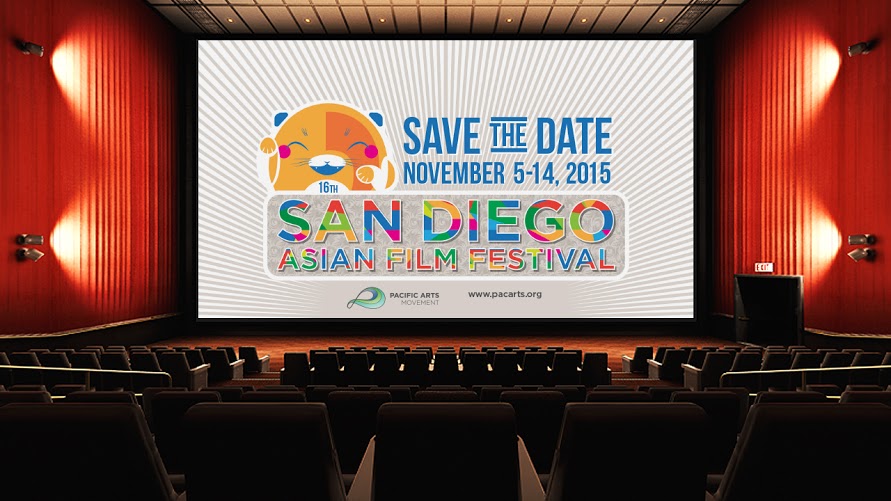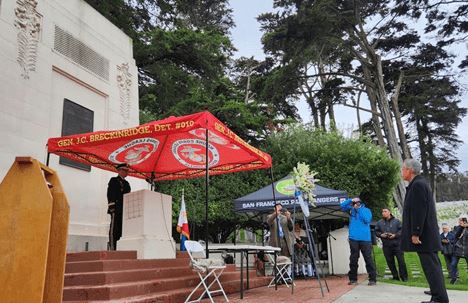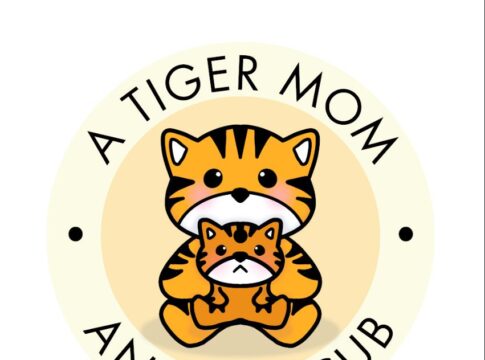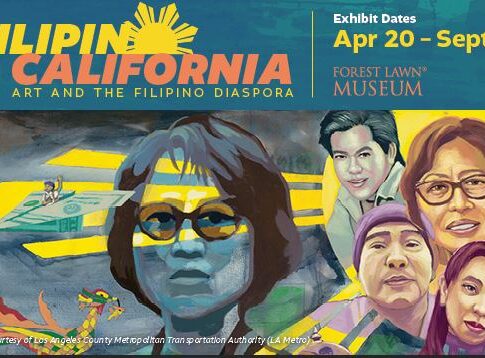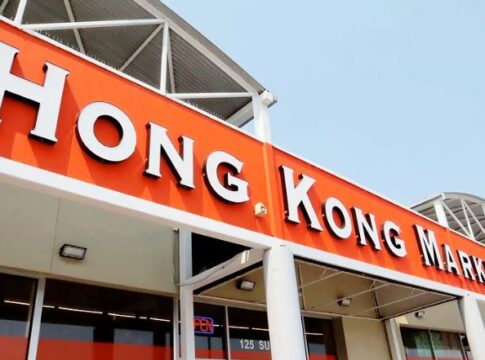By Mandy Day
The San Diego Asian Film Festival humbly began as a fundraiser for the Asian American Journalism Association (AAJA) of San Diego in 2000 and has since evolved into the largest Asian Cinematic Showcase in the western United States. Now in its 16th year, the festival opens this week featuring over 130 films from around the world, and Asian American celebrities Ken Jeong (Community, The Hangover, Dr. Ken), Randall Park (Fresh Off the Boat), Aaron Yoo (Nick and Noah’s Infinite Playlist, 21), Buzzfeed’s Eugene Yang, and many others are scheduled to appear. Legendary Japanese director Kiju Yoshida, actress Mariko Okada, Korean director Lee Won Suk, and Taiwanese director Huang Chao-liang are among the festival’s international guests.
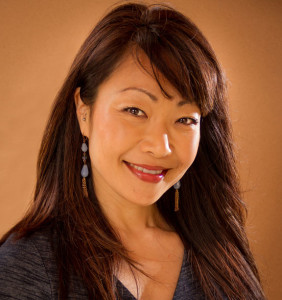
When you started this, did you have any idea this was going to become one of the largest Asian American film festivals?
LATEST STORIES
I never had that aspiration, when I first started this I was president of the AAJA here in San Diego. I just wanted to create a really big, fun event that combined media and topics in the media with film in an environment where more then just journalists would want to come. So I never had aspirations of let’s make this the biggest and the best. I think the timing of when we started this film festival, it was very serendipitous because it was during a time when there was a lot of Asian American content that was starting to be created. We started in 2000. 2001 was 9/11, and I think 9/11 changed everything for us. I think it was after 9/11, after that second year we had the festival, that we realized that we have a moral obligation to bring stories of different cultures and religions and people to San Diego, in an environment where people can learn about one another in a safe place and to build more compassion in society.
Asian Americans have leaned more on the politically apathetic side of things. They haven’t been really politically active or activism minded. Do you think that the growth of Asian American representation in mass media has changed that and inspired people to get more involved in anything from feminist issues to LGTBQ+ activism?
It’s hard to say because I live in my own little bubble. People who work around me certainly are more socially attuned to what’s going on and care very much and vote. We talk about issues, so I can’t speak on behalf of the general API population. We do still know Asian Americans still have the lowest voter turnout and percentage of voters who are even registered, and I think that speaks for itself. However, based on what I see on social media, I think that the younger generation is more interested and active in human rights issues. They want to be more involved in social issues. The social issues for us ten-fifteen years ago when we first started were feeling marginalized and making sure that our image was being presented fairly. That’s kind of worked itself out a little bit because of Youtube and technology in general giving people more access to our stories and a platform for our stories to be told and shared. I just think in general the younger generation because they have access to things like Kickstarter that it’s easy for them to get involved. To help fund a movie, to join the Peace Corps., to do things like volunteer for a food kitchen, I think there are so many more Asian Americans who are doing that than ever before. But I can’t say that has anything to do with the film festival.

I think it has more to do with outreach. I remember growing up here and for Asian Americans it was kind of a dead zone for culture unless you went to L.A. or Orange County. There were bits of Japanese culture in daily life, but it wasn’t going out and meeting other Asian Americans, it was more about assimilation.
From that perspective, I think the Asian Film Festival and Pacific Arts Movement has played a significant role in creating communities and bringing together communities that never came together before, and that never existed before. People who become members of Pacific Arts Movement and they come and we talk about the movies or they come and they’re a part of something bigger and they articulate to us how much these films and meeting the filmmakers and the work that we do means to them. Bringing together community groups, for example, last year the Japanese American Citizens League (JACL) stepped up to support a film called To Be Takei a documentary on George Takei’s life. It was the first time the JACL got involved in a story that normally, like five or ten years ago, would have been a little bit too progressive for them because it was predominately about a gay American. I think the JACL has changed somewhat because they have to. To be more progressive and rather than just focusing on internment issues, they’re focusing on human rights issues. Which includes LGBTQ issues and much much more than internment. From that perspective, and you saw the audience, the audience was not primarily Japanese Americans, it was everybody. From that perspective, I feel the JACL and Pac-Arts were able to play a significant role in having this remarkable dialogue with the artist, with his lover, and creating more compassion. That, to me, is our social cause in our movement. I guess we are making a difference in that way. I hate to take too much credit, but you’re right. In San Diego there aren’t that many spaces where you can go to and feel like you are learning and broadening your mind to different cultures and experiences and being able to have dialogue with strangers about it. I think that part is very magical.
I want to talk about character typecasting. We have all seen the terrible portrayals of Asians in the movies from the 60s, 70s, and 80s. And even sometimes now, I see things and think, this is so stereotypical of what we’re supposed to be like. I want to know what you think and how it’s changing and where it’s going.
We’re in a much more progressive time than we were ten, fifteen, twenty years ago with ABC shows like Fresh Off the Boat, Dr. Ken, Black-ish, right. However, we as Asian Americans can be really judgy about shows like that too saying that they’re really whitewashed or that it’s not that funny or for example Randall Park’s accent is horrible on the show. We can be judgy on that. But the truth is, that they have to make money. In order for them to make money and in order for them to make the ratings, it can’t necessarily be catered to this tiny population. So I totally understand that. To me, what makes these shows different from let’s say Margaret Cho’s show from fifteen, twenty years ago is that Margaret Cho’s show on ABC, yes she was a co-writer, but most of the producers were white. Whereas, on ABC for Dr. Ken and Fresh Off the Boat, you have a lot more diversity in the background. We will always, it’s not just for the Asian population, there will always be the stereotypical black gangster, black poor kid from the ghetto, Asian doctor or the Asian prostitute, there will always be that. The question is, is there a balance? Is it only that that we’re seeing, or is there a balance? Opportunities for the public to see Asians in different careers or Asians in different ways of life. And I have to say yes, it’s very much true. From Randall Park on Veep playing a governor or B.D. Wong on one of his many shows. I just feel like Asian Americans now are coming out a lot more than they used to be. Is it enough? No, it will never be enough. That’s why we turn to independent story telling, independent film and independent writing to fill in those gaps. They don’t have to respond to the Hollywood executives that are very formulaic and that have a very particular point of view on things. I think that’s the part of our film festival that is so beautiful and that is the heart and soul of our film festival is the independent voice. And you will see things that are really off the beaten path.
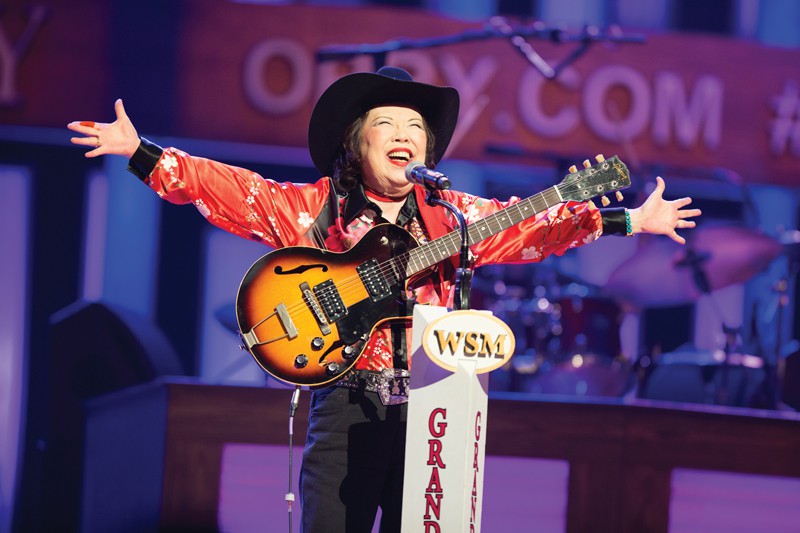
Who is the most elusive celebrity guest you’ve ever tried to get. And you’ve tried and tried and tried and they just never quite make it here?
We almost had Daniel Henney one year when we showed his film, My Father. It was a Korean American co-production based on the true story of a Korean adoptee who went to Korea to find his father and his father was in prison. Daniel Henney played the Korean adoptee. He was going to come, and when it got to the point of us negotiating, they wanted us to fly out five people from Korea. We’re a small non-profit festival. Is it worth us spending fifteen, twenty grand for a fifteen minute Q&A. And it wasn’t. On the Asian American front, we’ve had most of the big stars. I tried one year to get Lucy Liu, and I didn’t want to bring Lucy Liu unless she was attached to something. And that year, she did a human rights documentary, and she was in Mexico shooting and couldn’t make it. We never picked it up after that. I really, really wanted to get Steven Yuen from Walking Dead here. I love him. But our time of the year for the festival is when they shoot the series in Atlanta. Before certain actors were a really big deal. They’re not a big deal anymore. People don’t come just to see the actors. They will come is if we build something around them. For example, this year we have Eugene Yang from Buzzfeed, and he is bigger than Steven Yuen could be, to be honest. Eugene has this constant love affair with the audience because of the content he puts out and he’s so smart about it. So we’re putting him on a panel, a Buzzfeed panel. Last year we had a woman I didn’t know about, I know about her now,
*Interview has been edited for length.

